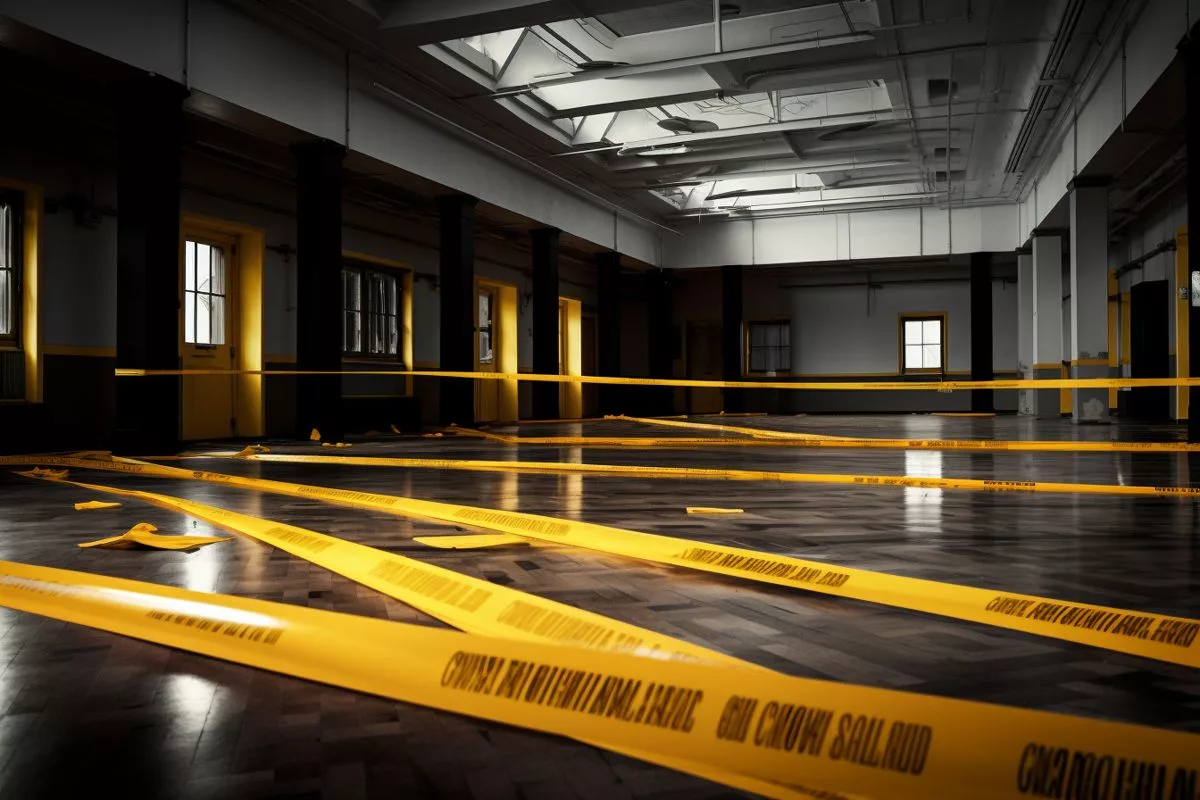The Portfolio Committee on Infrastructure Development and Property Management in the Gauteng Provincial Legislature is set to revisit Mayibuye Primary School in Tembisa to assess any progress made since the school’s construction completion in 2017 and establish whether learners have started using the facility. The school has remained unoccupied for years after its completion, and the Committee aims to assess if any progress has been made in resolving the issue and holding the responsible individuals accountable. The Committee will also visit New Kempton Park High School and Lake Side Primary School to address other infrastructure challenges faced by schools in the region.
What is the objective of the Portfolio Committee’s return visit to Mayibuye Primary School in Tembisa?
The objective of the Portfolio Committee’s return visit to Mayibuye Primary School in Tembisa is to evaluate any progress made since the school’s construction completion in 2017 and establish whether learners have started using the facility. The school has remained unoccupied for years after its completion, and the Committee aims to assess if any progress has been made in resolving the issue and holding the responsible individuals accountable.
Revisiting the Unoccupied Mayibuye Primary School
The Portfolio Committee on Infrastructure Development & Property Management of the Gauteng Provincial Legislature has planned a return visit to Mayibuye Primary School in Tembisa on November 7, 2023. The objective of this visit is to evaluate any progress since the school’s construction completion in 2017 and establish whether learners have started using the facility.
Previously, the Committee had performed an oversight visit to the school, discovering that the R82 million facility remained unoccupied for years after its completion. Accusations surfaced that the school was constructed on a waterlogged site, thereby complicating the process for the City of Johannesburg to issue an Occupancy Certificate. The school’s location presented potential health and safety risks to the learners and educators who would utilize it.
Now, seven years later, the school appears to still be unoccupied, causing concerns and leading the Committee to revisit the site. The Committee aims to assess if any progress has been made in resolving the issue and holding the responsible individuals accountable.
Visiting Other Schools Facing Infrastructure Challenges
On the same day, the Committee intends to inspect New Kempton Park High School in Kempton Park and Lake Side Primary School in Boksburg. These schools are reportedly encountering infrastructure development issues, such as substandard workmanship and project completion delays.
After the oversight visits, the Committee will conduct a meeting where representatives from the Department of Infrastructure Development and the Education Department will present their accounts of these projects.
The oversight visits are scheduled for November 7, 2023. The Mayibuye Primary School visit is slated for 9:00 am, followed by New Kempton Park High School at 10:00 am, and finally, Lake Side Primary School at 11:00 am.
Members of the media have been invited to accompany the Committee during its oversight visits. For interview requests with the Chairperson of the Portfolio Committee, please contact Mr. Thebe Khumalo at TKhumalo@gpl.gov.za or call 072 266 1021.
Addressing Ongoing Education Sector Challenges
This visit represents a crucial event for the Committee and the community, as it emphasizes the ongoing obstacles faced by the education sector in South Africa. The oversight visit demonstrates the Committee’s dedication to tackling these issues and ensuring that learners have access to quality education and facilities.
The unoccupied status of Mayibuye Primary School serves as a reminder of the significance of proper planning, coordination, and execution of infrastructure projects. The school’s predicament also underlines the need for prompt and thorough investigations into those responsible and the implementation of corrective measures.
Furthermore, the visits to New Kempton Park High School and Lake Side Primary School display the Committee’s commitment to addressing infrastructure problems in other schools. Guaranteeing that students have access to well-maintained schools with adequate facilities is essential for promoting a conducive learning environment.
The forthcoming oversight visits, along with the following meeting, can potentially reveal crucial information on the current state of these schools. By evaluating the progress made and holding the responsible parties accountable, the Committee aims to ensure that learners have access to safe and healthy learning environments.
In conclusion, the Portfolio Committee on Infrastructure Development & Property Management of the Gauteng Provincial Legislature takes its commitment to addressing education infrastructure concerns seriously. Through oversight visits and meetings with relevant departments, they endeavor to improve the learning environment for students in the region.
1. What is the objective of the Portfolio Committee’s return visit to Mayibuye Primary School in Tembisa?
The objective of the Portfolio Committee’s return visit to Mayibuye Primary School in Tembisa is to evaluate any progress made since the school’s construction completion in 2017 and establish whether learners have started using the facility.
2. Why has Mayibuye Primary School remained unoccupied for years after its completion?
Mayibuye Primary School has remained unoccupied due to accusations that the school was constructed on a waterlogged site, thereby complicating the process for the City of Johannesburg to issue an Occupancy Certificate. The school’s location presented potential health and safety risks to the learners and educators who would utilize it.
3. What are the other schools that the Committee intends to inspect?
The Committee intends to inspect New Kempton Park High School in Kempton Park and Lake Side Primary School in Boksburg.
4. Why is the Committee visiting these schools?
The Committee is visiting these schools because they are reportedly encountering infrastructure development issues, such as substandard workmanship and project completion delays.
5. When are the oversight visits scheduled to take place?
The oversight visits are scheduled for November 7, 2023.
6. Who will present their accounts of the projects at the meeting after the oversight visits?
Representatives from the Department of Infrastructure Development and the Education Department will present their accounts of the projects at the meeting after the oversight visits.
7. Why is it crucial to address education infrastructure concerns?
It is crucial to address education infrastructure concerns to ensure that learners have access to safe and healthy learning environments, which are essential for promoting a conducive learning environment.
8. How is the Committee demonstrating its commitment to addressing education infrastructure concerns?
The Committee is demonstrating its commitment to addressing education infrastructure concerns through oversight visits and meetings with relevant departments, they endeavor to improve the learning environment for students in the region.








